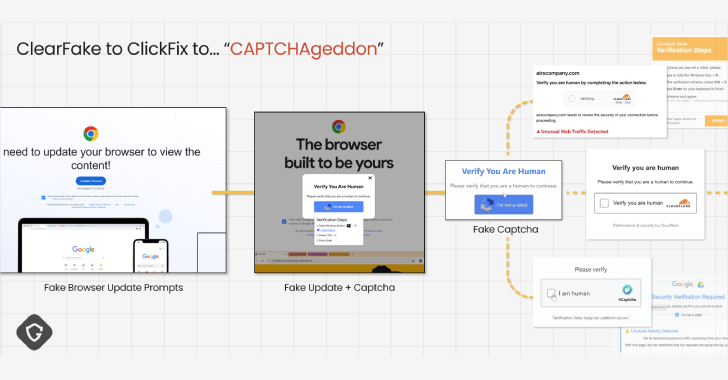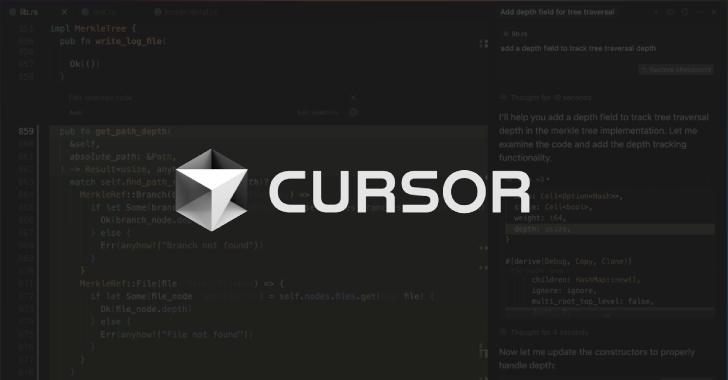When you get a push notification on your Apple or Google phone, those notifications go through Apple and Google servers. Which means that those companies can spy on them—either for their own reasons or in response to government demands.
Sen. Wyden is trying to get to the bottom of this:
In a statement, Apple said that Wyden’s letter gave them the opening they needed to share more details with the public about how governments monitored push notifications.
“In this case, the federal government prohibited us from sharing any information,” the company said in a statement. “Now that this method has become public we are updating our transparency reporting to detail these kinds of requests.”
Google said that it shared Wyden’s “commitment to keeping users informed about these requests.”
The Department of Justice did not return messages seeking comment on the push notification surveillance or whether it had prevented Apple of Google from talking about it.
Wyden’s letter cited a “tip” as the source of the information about the surveillance. His staff did not elaborate on the tip, but a source familiar with the matter confirmed that both foreign and U.S. government agencies have been asking Apple and Google for metadata related to push notifications to, for example, help tie anonymous users of messaging apps to specific Apple or Google accounts.






